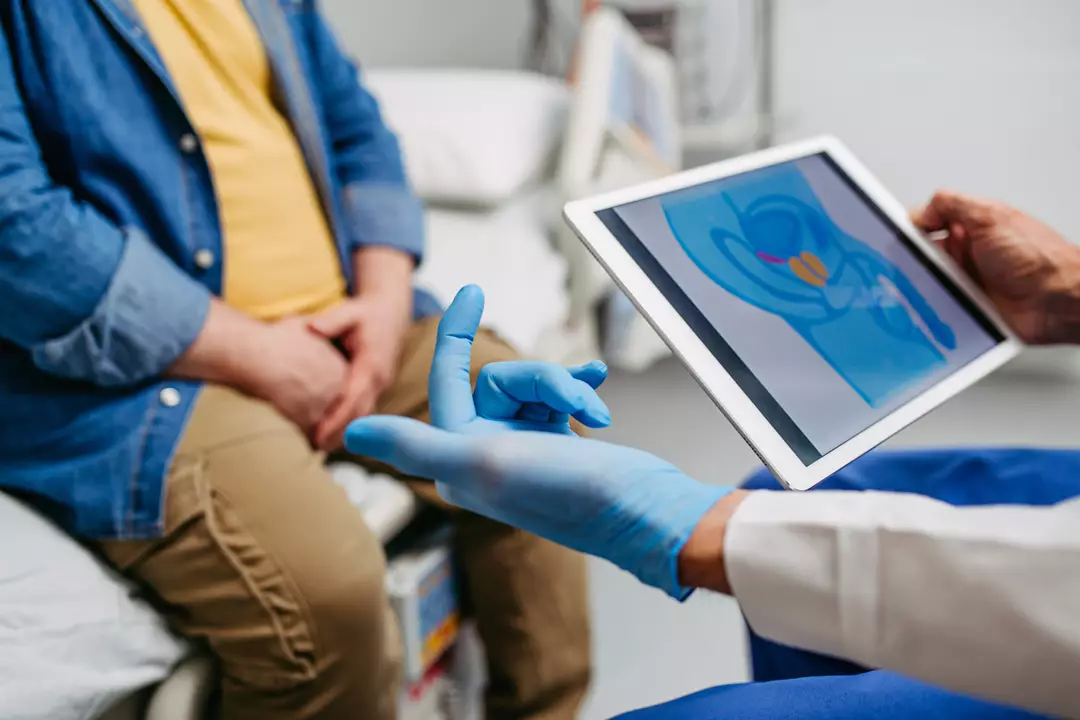Detecting cancer at the earliest possible stage is crucial in reducing the risk of severe outcomes. Early detection followed by prompt medical intervention is key to managing the disease effectively.
Identifying cancer early can be challenging as the symptoms can vary widely among different types of cancer, often being mistaken for less serious conditions.
Dr. Mark Laniardo, a urological surgeon, points out a symptom frequently overlooked by many: persistent tiredness, which can be more significant than just a common life complaint.
Although feeling exhausted is often considered a normal part of modern life, for about two-thirds of cancer patients, it can be a direct indicator of the disease. Dr. Laniardo emphasizes the importance of recognizing this symptom.

Chronic fatigue is a common issue among cancer patients, but it is particularly concerning in men. This symptom can sometimes be an indication of prostate cancer, one of the most deadly cancers among men if not caught early.
Prostate cancer ranks as the third leading cause of cancer deaths in men, following cardiovascular disease and lung cancer. However, its survival rate is nearly 100 percent if detected at Stage One, which underscores the necessity of early detection.
Research by Cancer Research UK suggests that deaths from prostate cancer may increase by a third in the next decade, influenced by population growth and slower declines in mortality rates compared to other cancers.
Dr. Laniardo describes prostate cancer as a result of uncontrollable cell growth in the prostate gland. Some cases advance slowly without causing harm, while others are aggressive and rapidly spreading. Understanding and early screening are vital.
Extreme fatigue is noted by cancer charities as ‘very common’ in men with prostate cancer, often leading to sleep disturbances and difficulty concentrating.

It’s crucial to remember that occasional tiredness is normal and not necessarily a sign of cancer. However, if fatigue persists despite rest, it could indicate a health issue.
Dr. Laniardo mentions that early-stage prostate cancer often lacks noticeable symptoms. As it progresses, symptoms can include frequent urination, persistent tiredness, back pain, leg weakness, erectile dysfunction, or blood in urine or semen.
Anyone experiencing these symptoms should consult a healthcare provider promptly for evaluation, as they could also signal other health issues.
Regarding prostate exams, Dr. Laniardo offers reassurance: “There’s a misconception that prostate testing always requires a digital rectal exam. While it can be part of the assessment, it’s not always necessary, especially in the initial stages.”
If you’ve been affected by these issues and need someone to talk to, the American Cancer Society is available for support at 1-800-227-2345 or through their live chat feature, accessible 24/7 year-round.

